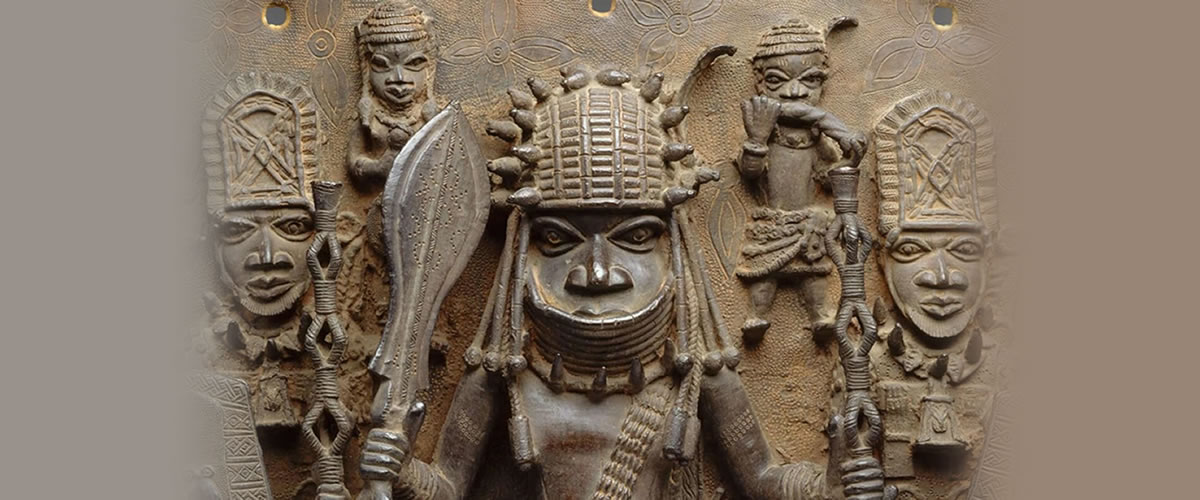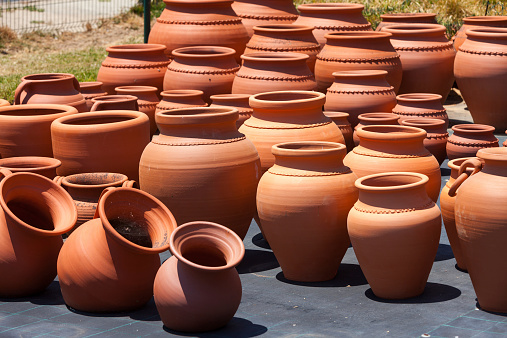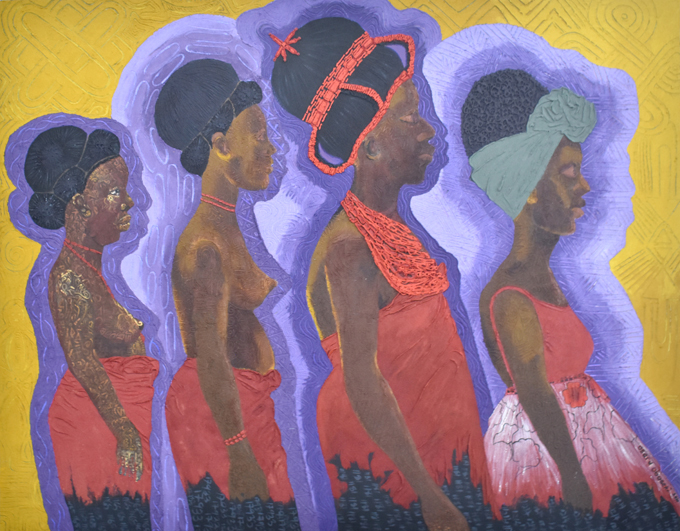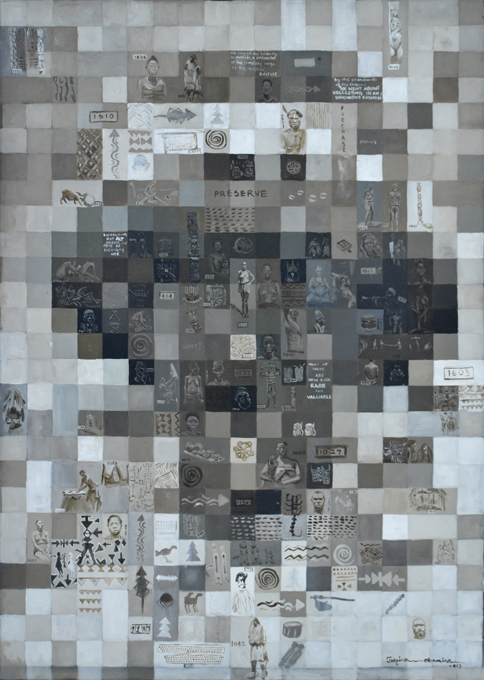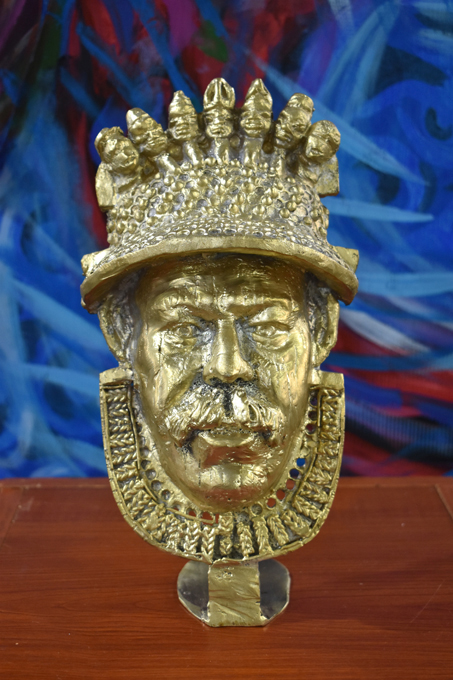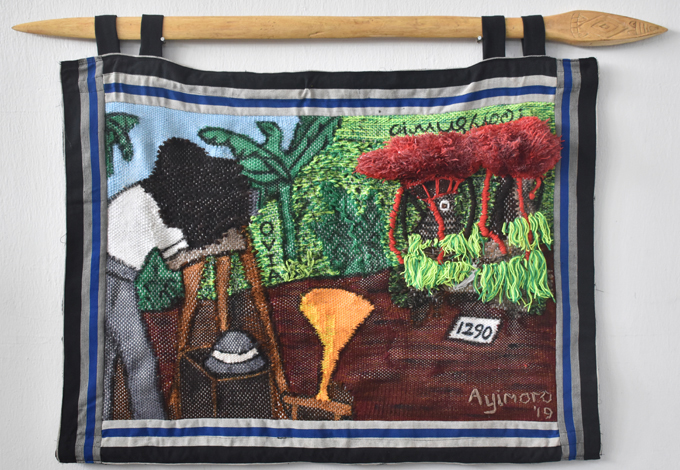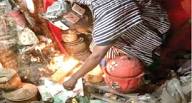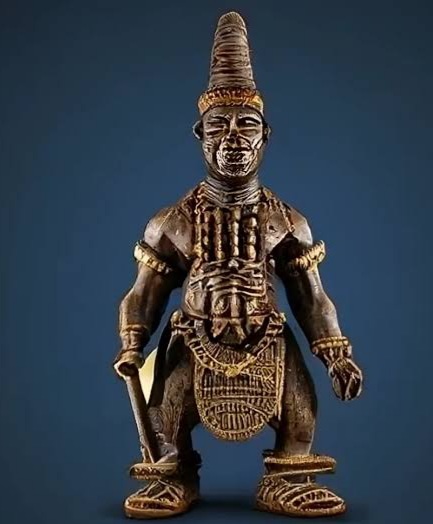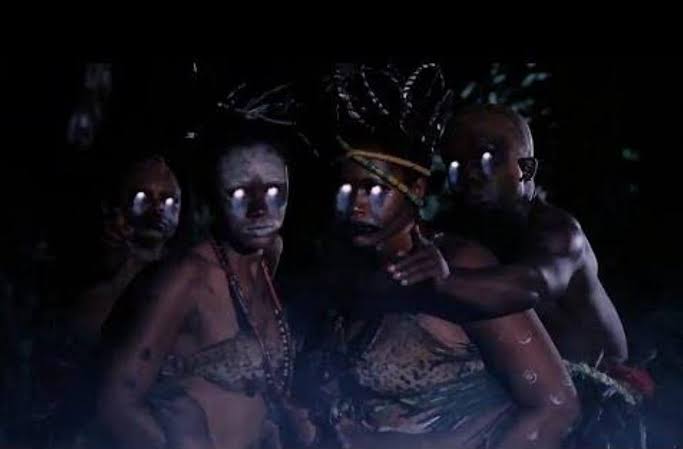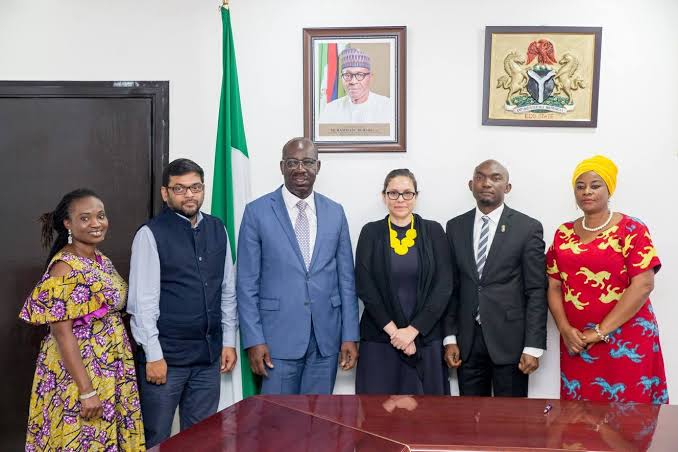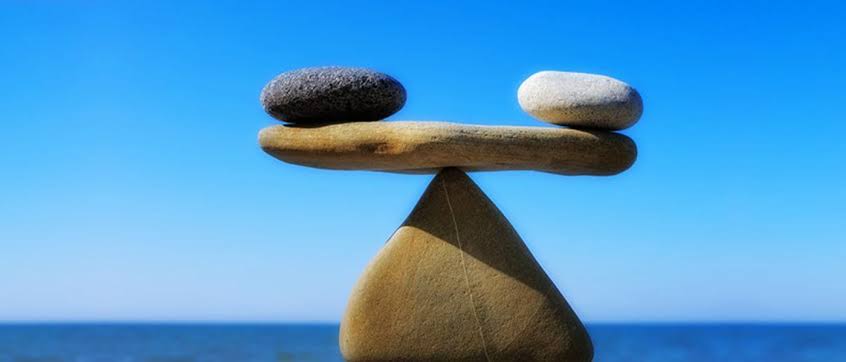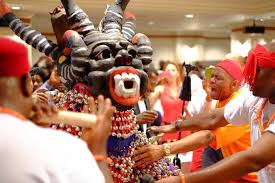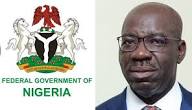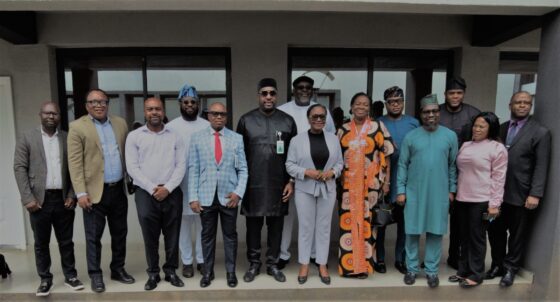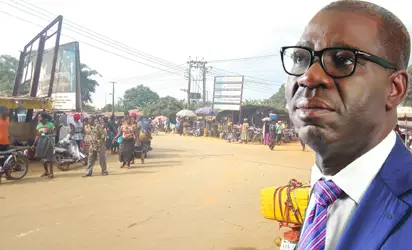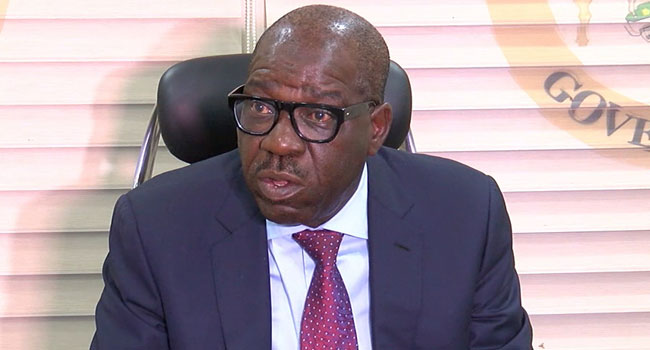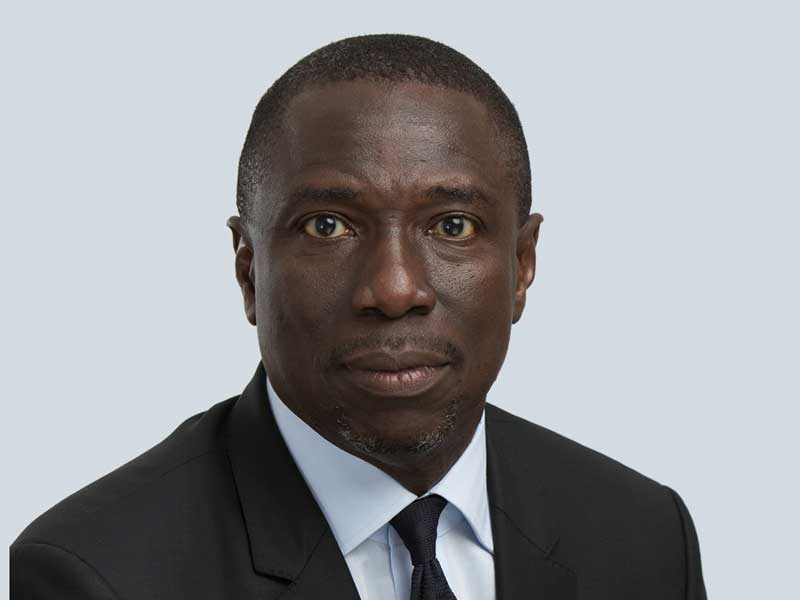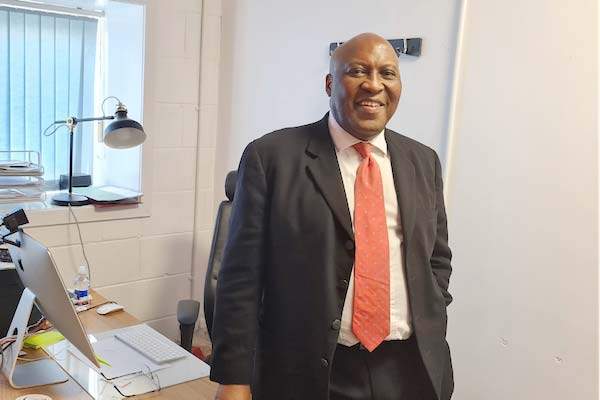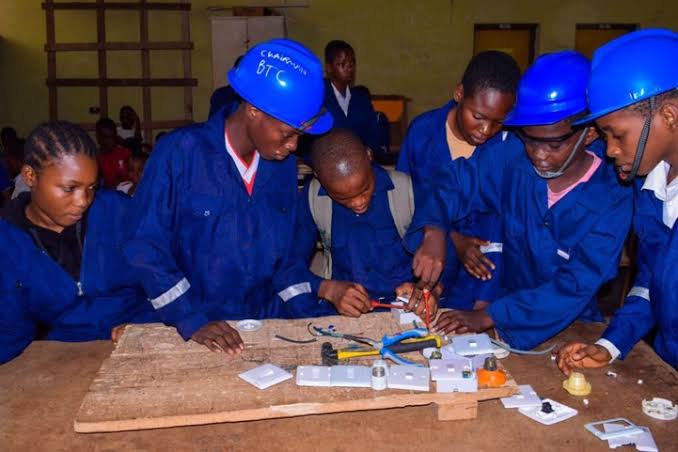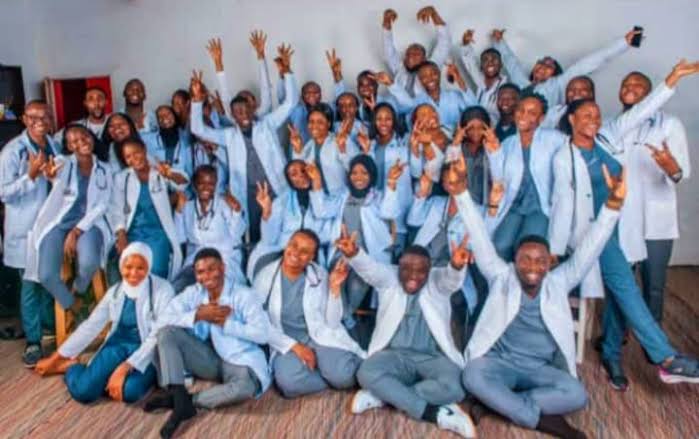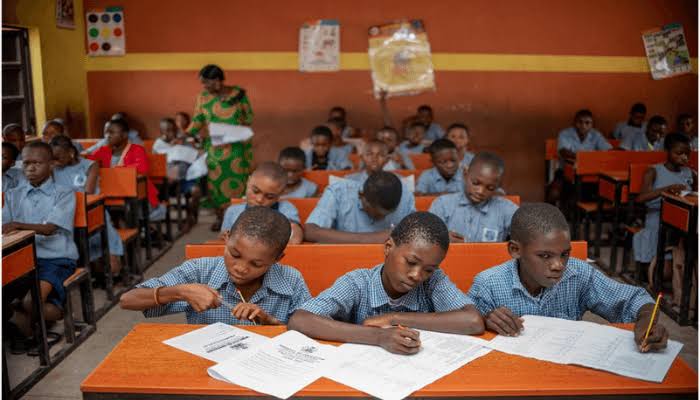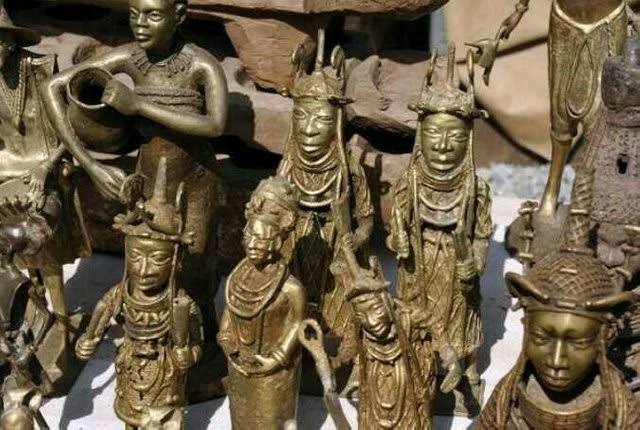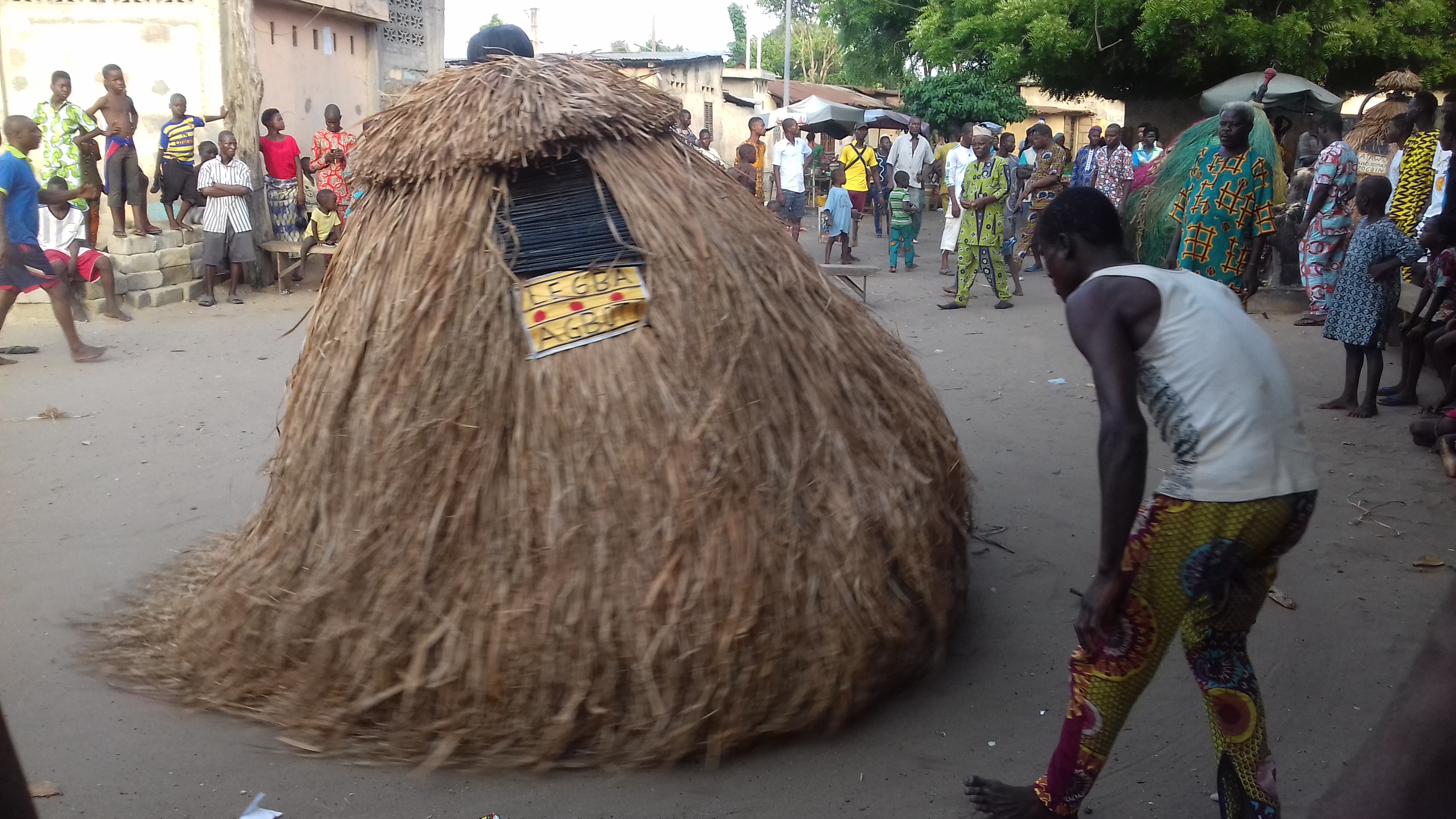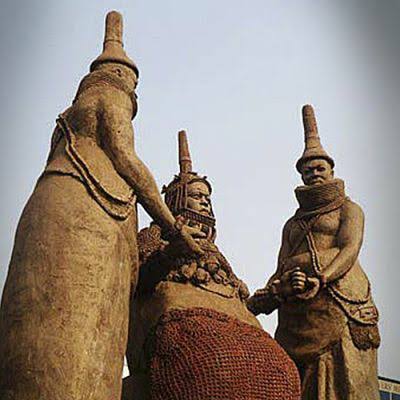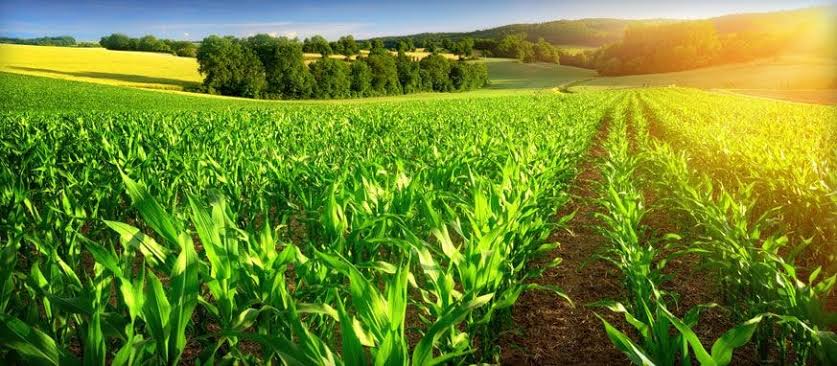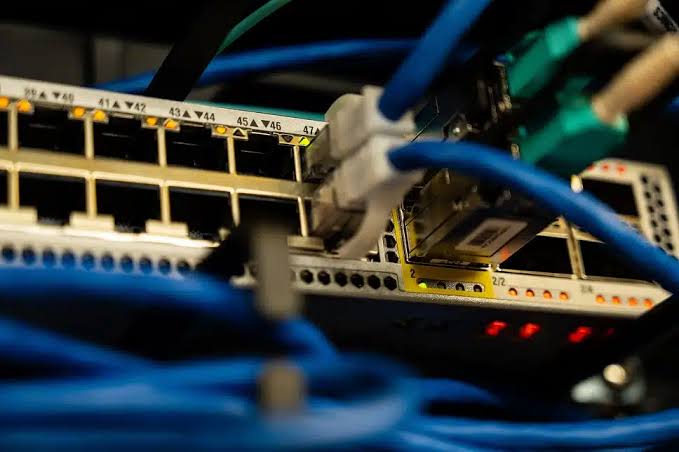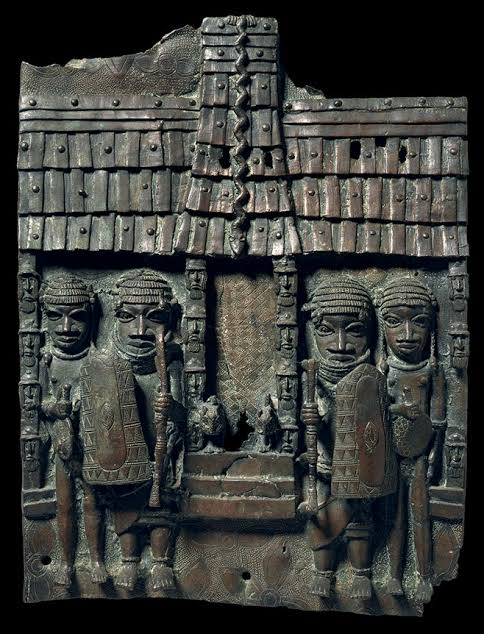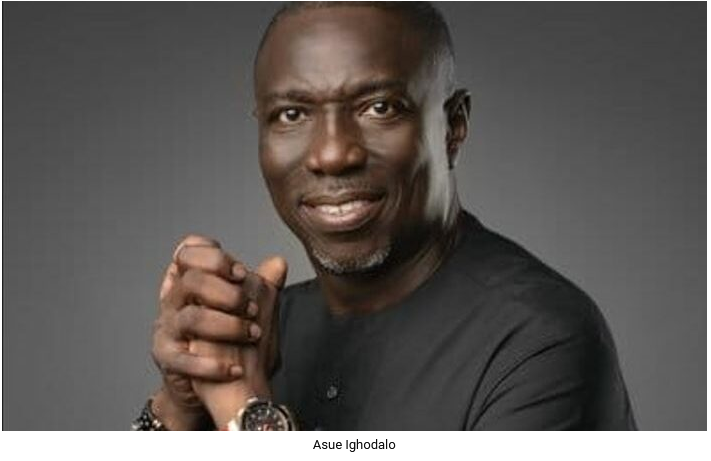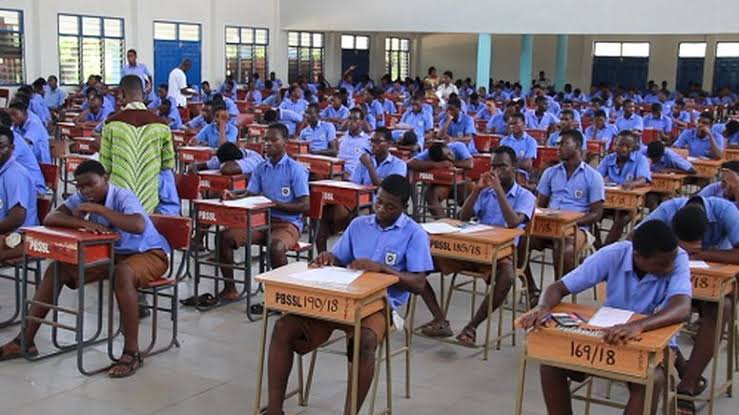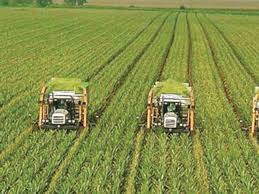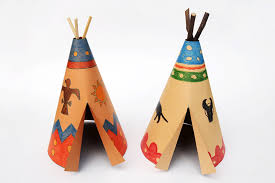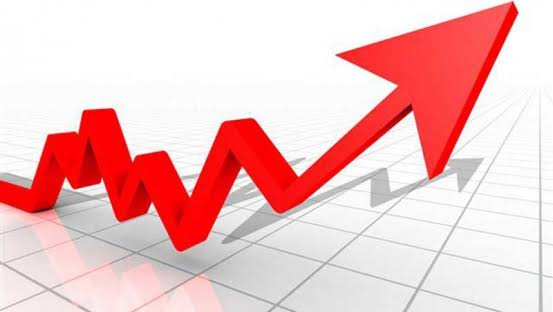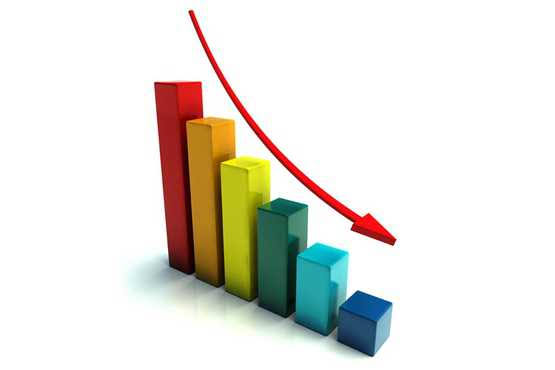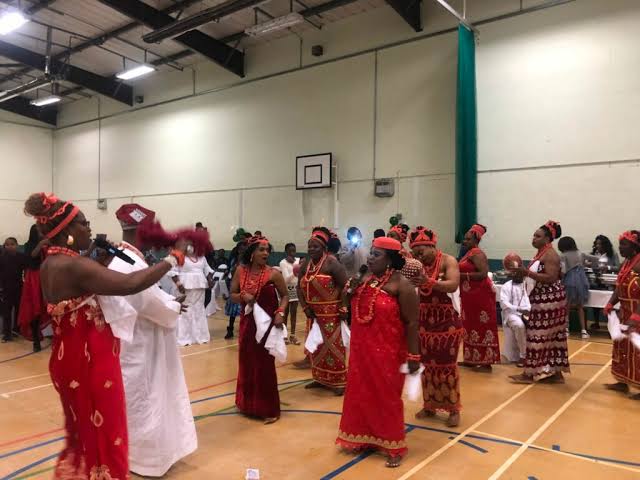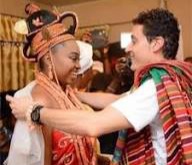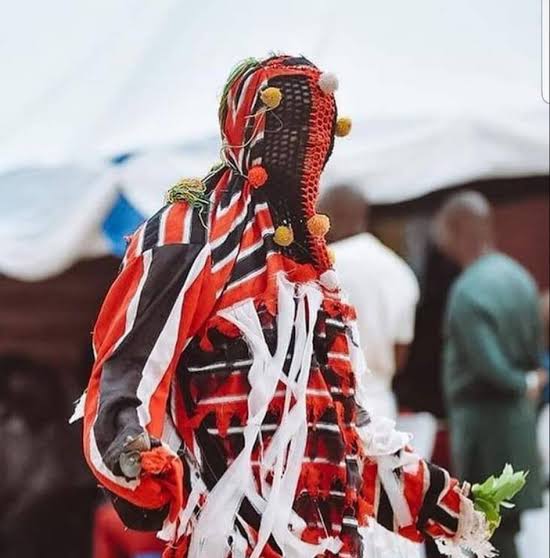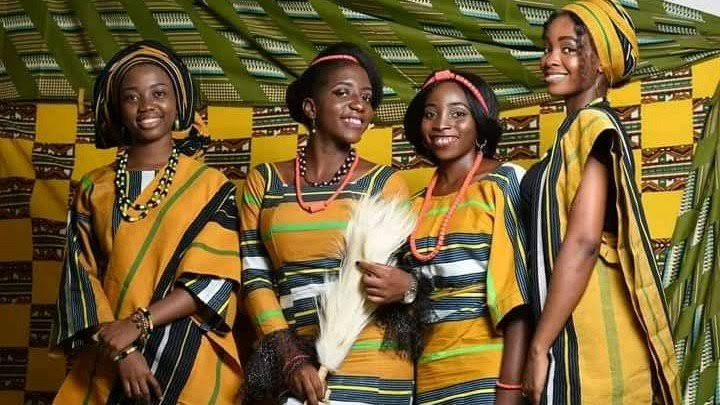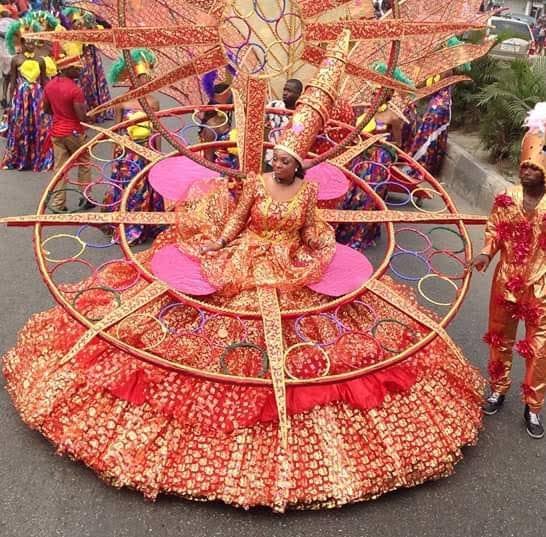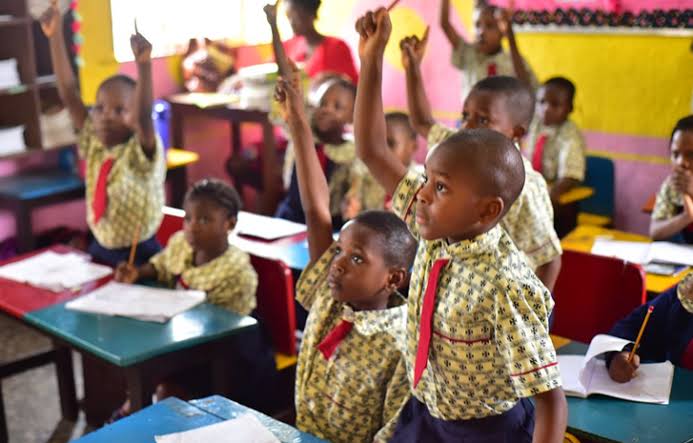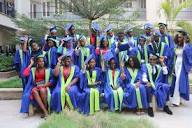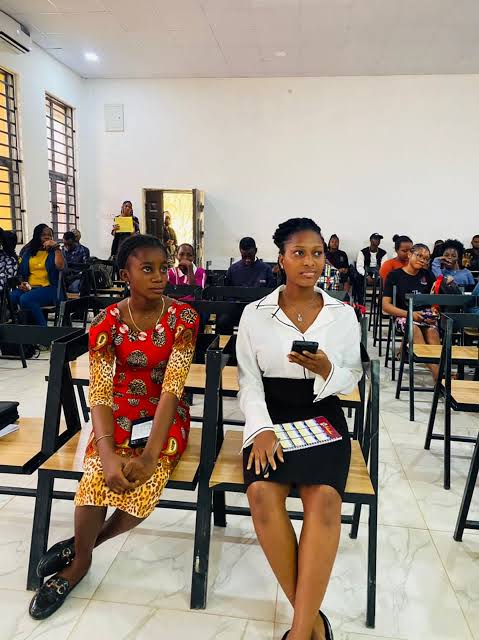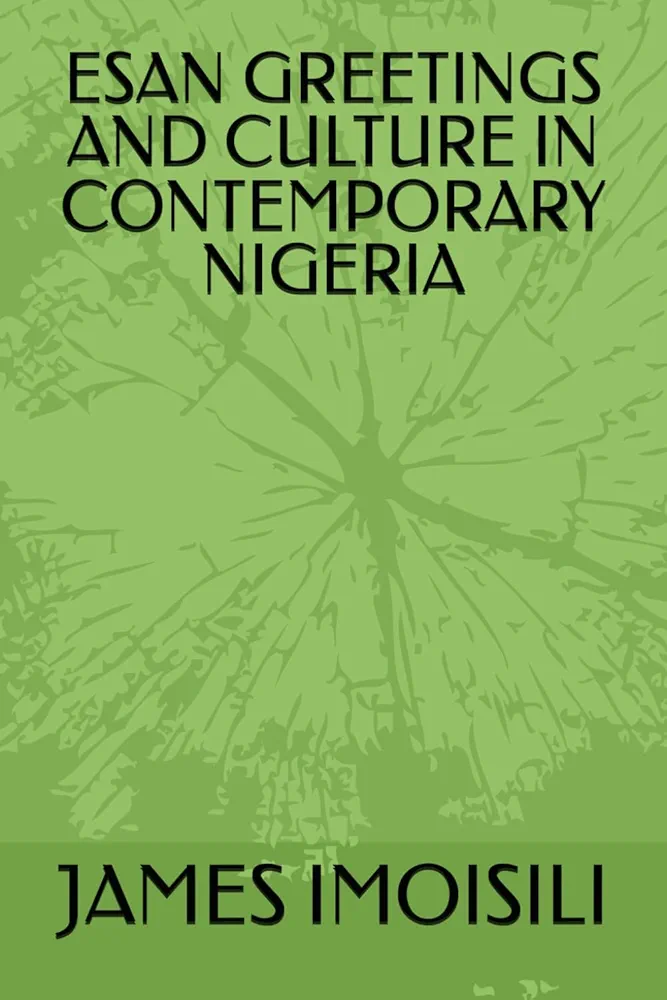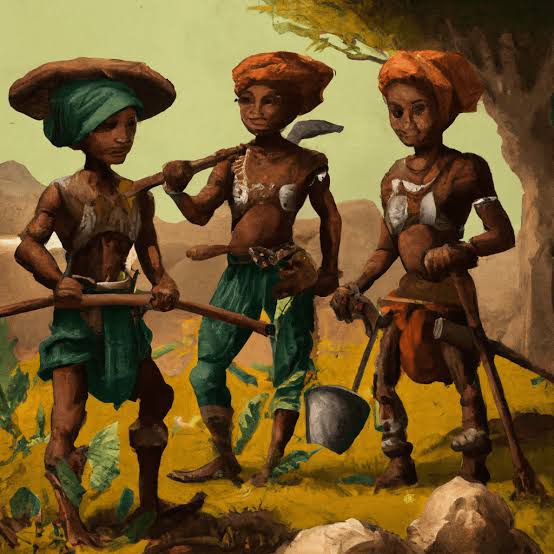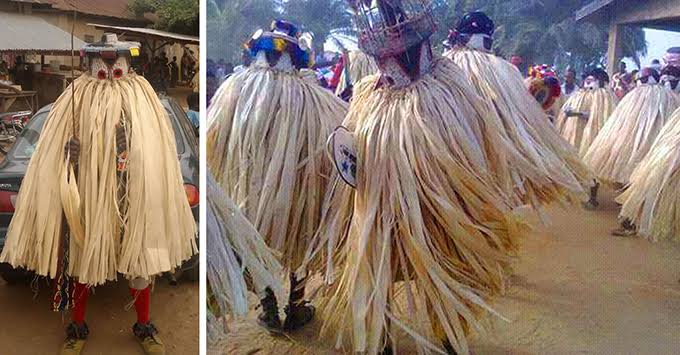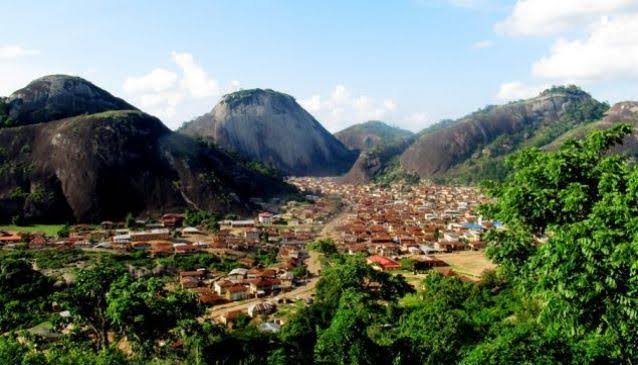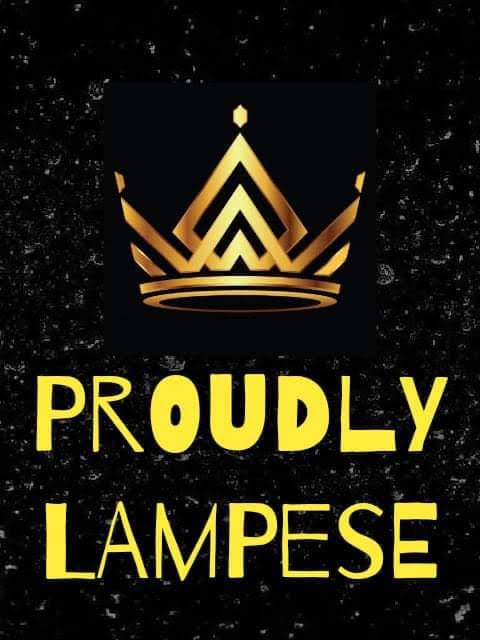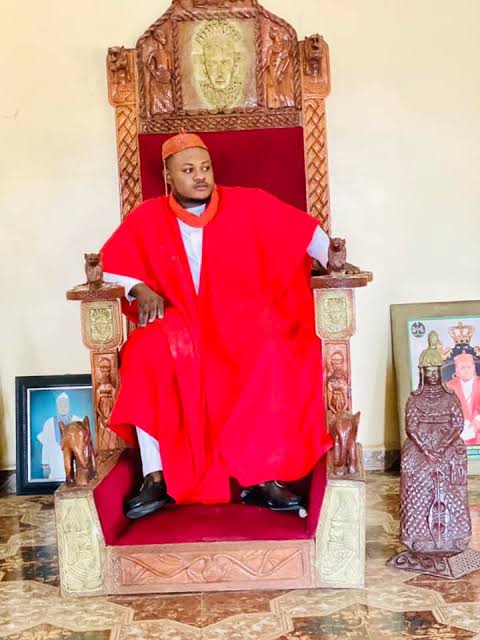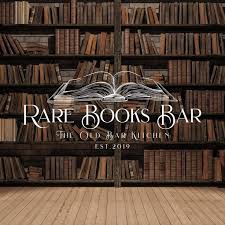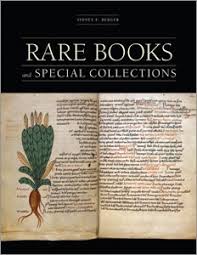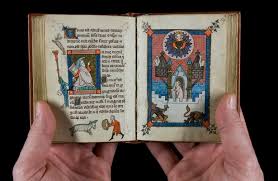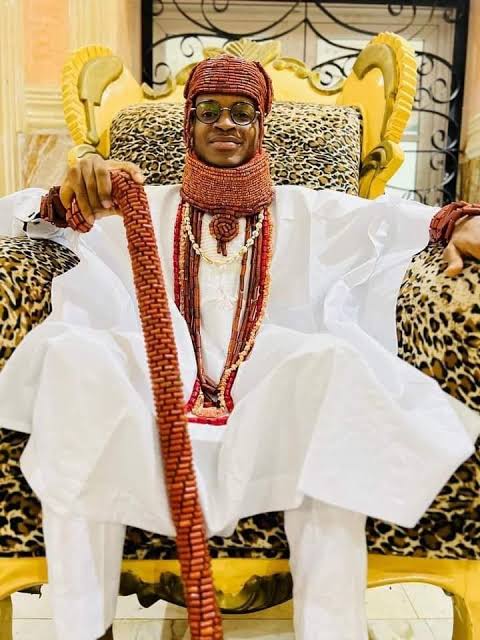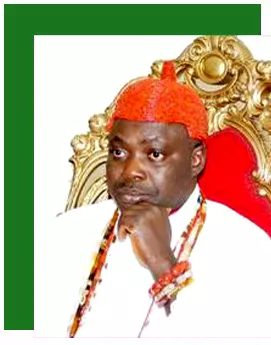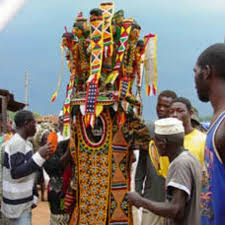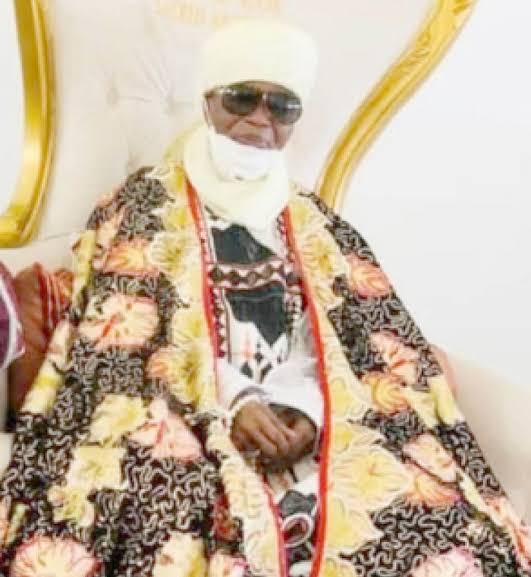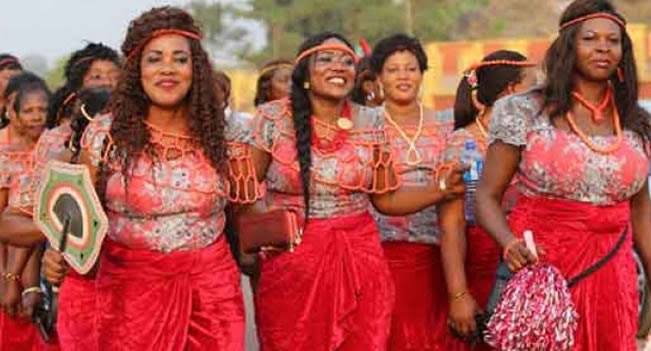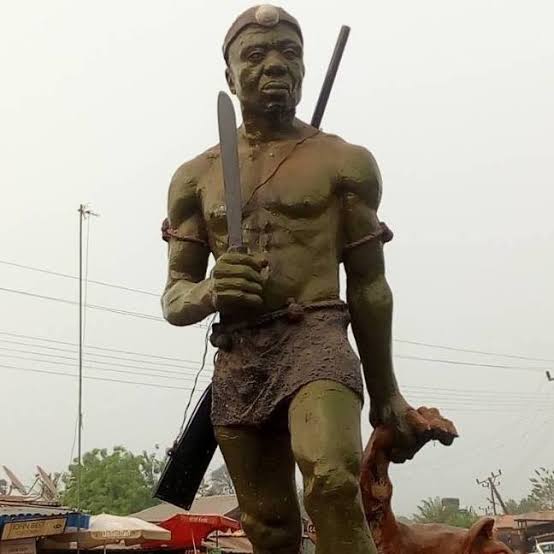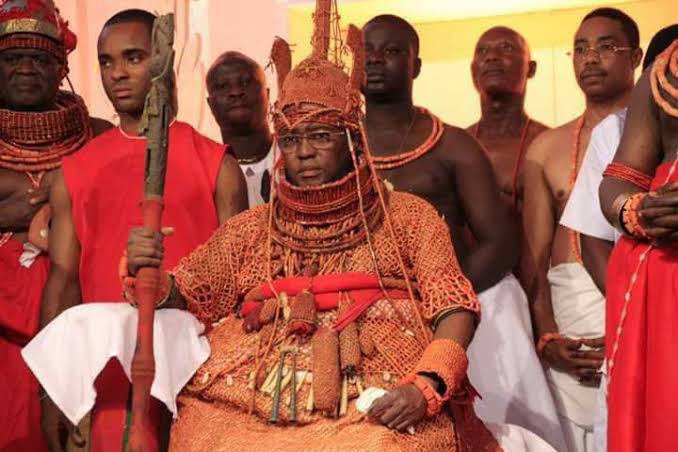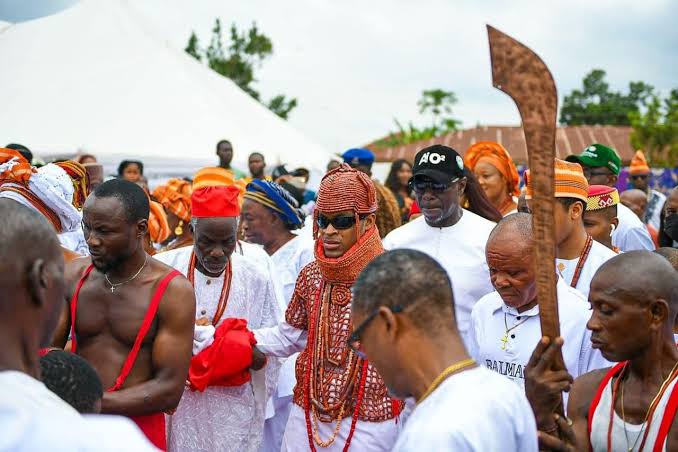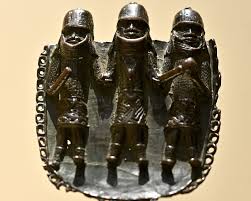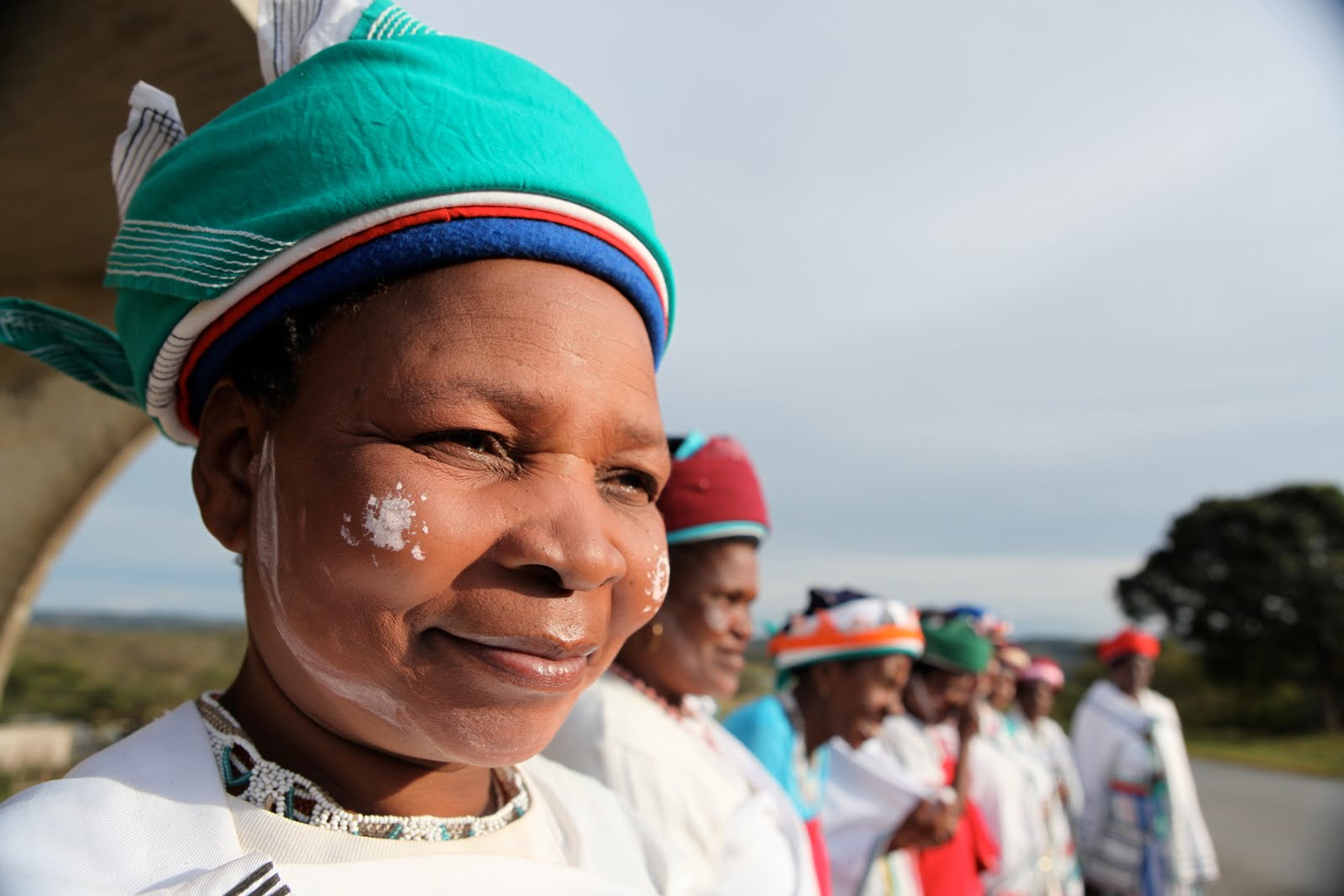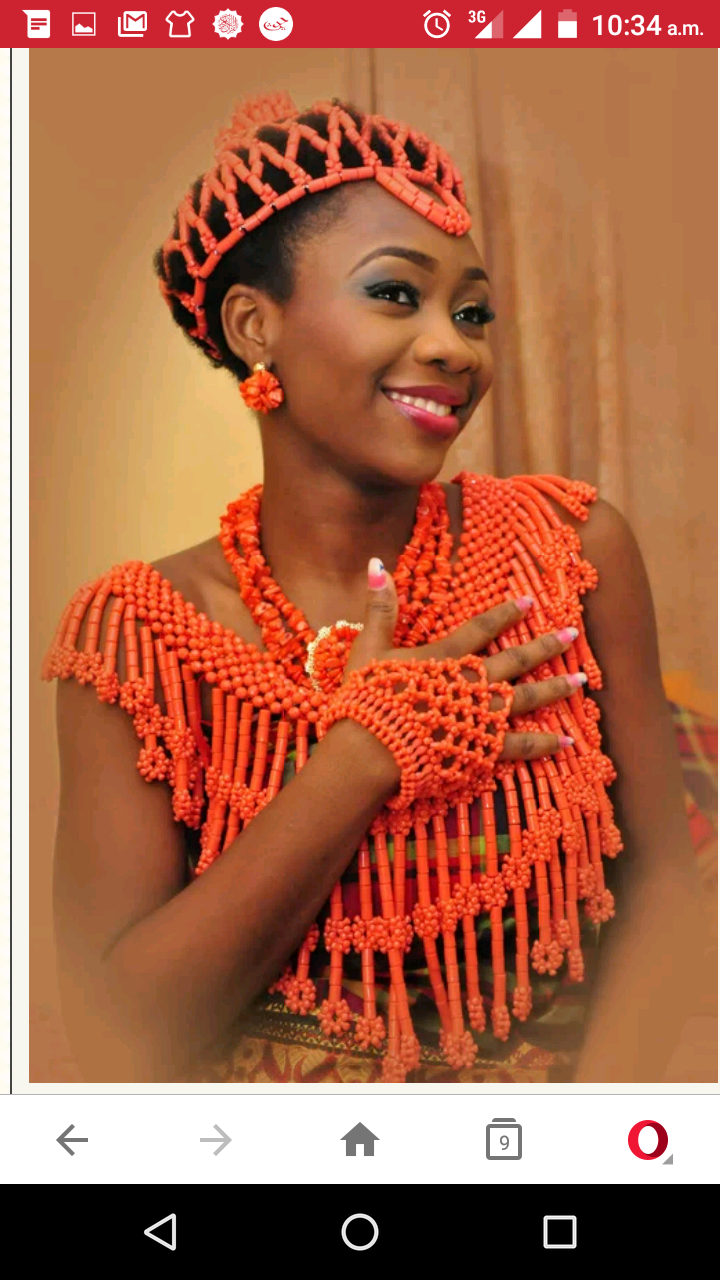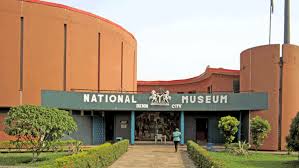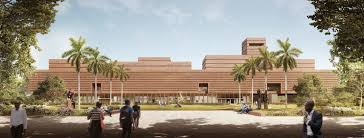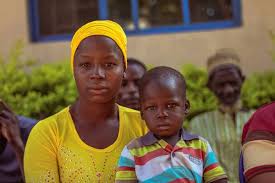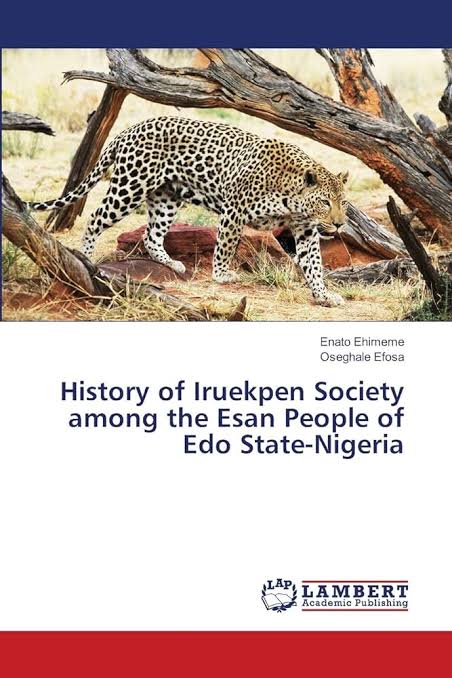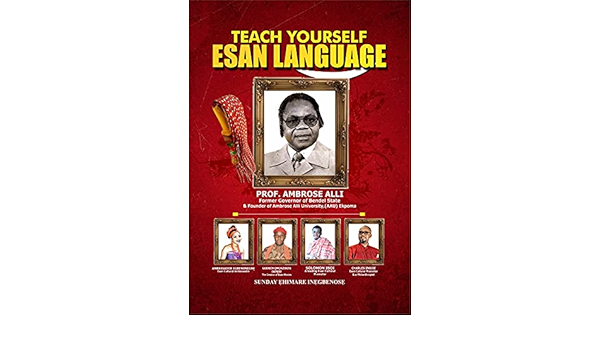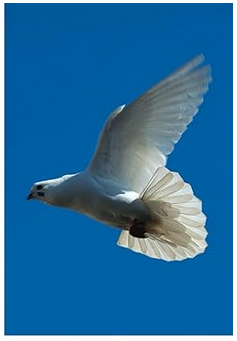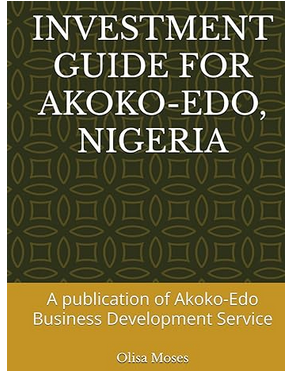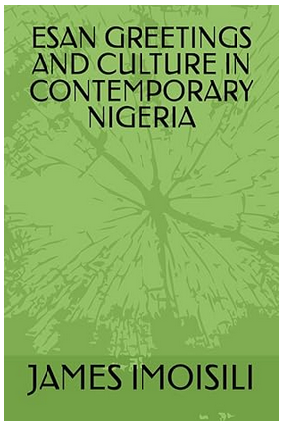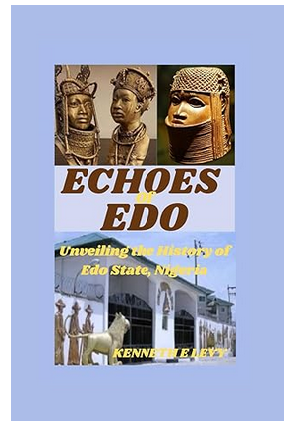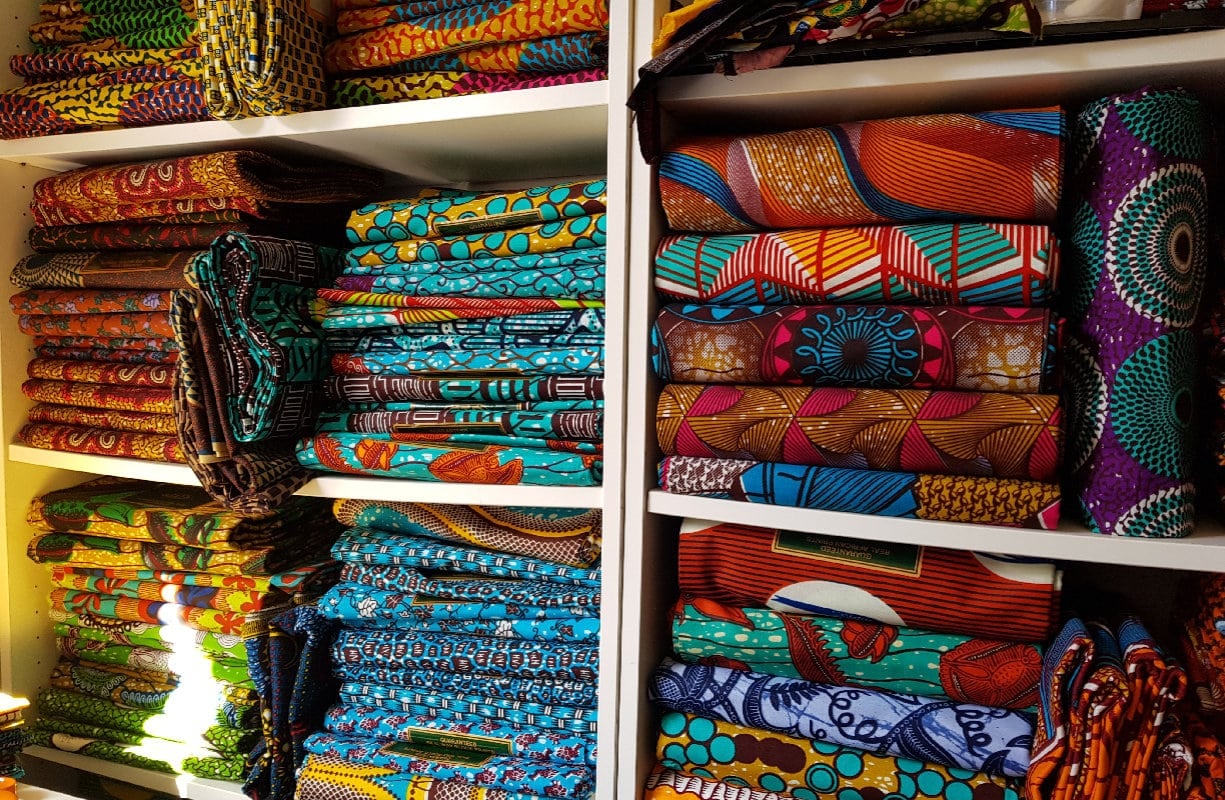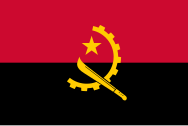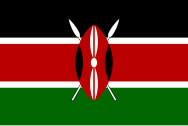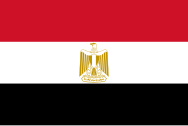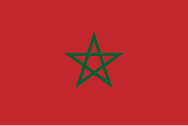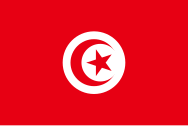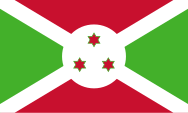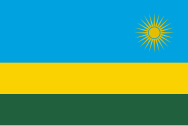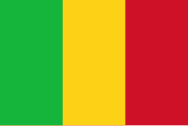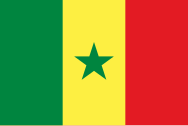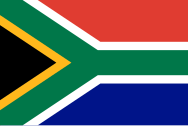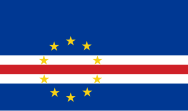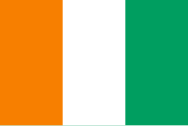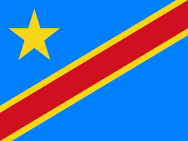Nigeria, officially the Federal Republic of Nigeria, is a country in West Africa. It is situated between the Sahel to the north and the Gulf of Guinea to the south in the Atlantic Ocean. It covers an area of 923,769 square kilometres (356,669 sq mi). With a population of more than 230 million, it is the most populous country in Africa, and the world's sixth-most populous country. Nigeria borders Niger in the north, Chad in the northeast, Cameroon in the east, and Benin in the west. Nigeria is a federal republic comprising 36 states and the Federal Capital Territory, where its capital, Abuja, is located. The largest city in Nigeria is Lagos, one of the largest metropolitan areas in the world and the largest in Africa.
Nigeria has been home to several indigenous pre-colonial states and kingdoms since the second millennium BC, with the Nok civilization in the 15th century BC marking the first internal unification. The modern state originated with British colonialization in the 19th century, taking its present territorial shape with the merging of the Southern Nigeria Protectorate and the Northern Nigeria Protectorate in 1914. The British set up administrative and legal structures while practicing indirect rule through traditional chiefdoms. Nigeria became a formally independent federation on 1 October 1960. It experienced a civil war from 1967 to 1970, followed by a succession of military dictatorships and democratically elected civilian governments until achieving a stable government in the 1999 Nigerian presidential election, with the election of Olusegun Obasanjo of the Peoples Democratic Party. However, the country frequently experiences electoral fraud, and corruption is rampant in various levels of Nigerian politics.
Nigeria is a multinational state inhabited by more than 250 ethnic groups speaking 500 distinct languages, all identifying with a wide variety of cultures. The three largest ethnic groups are the Hausa in the north, Yoruba in the west, and Igbo in the east, together constituting over 60% of the total population. The official language is English, chosen to facilitate linguistic unity at the national level. Nigeria's constitution ensures de jure freedom of religion, and it is home to some of the world's largest Muslim and Christian populations. Nigeria is divided roughly in half between Muslims, who live mostly in the north part of the country, and Christians, who live mostly in the south; indigenous religions, such as those native to the Igbo and Yoruba ethnicities, are in the minority.
Nigeria is a regional power in Africa and a middle power in international affairs. Nigeria's economy is the fourth-largest in Africa, the 53rd-largest in the world by nominal GDP, and 27th-largest by PPP. Nigeria is often referred to as the Giant of Africa owing to its large population and economy, and is considered to be an emerging market by the World Bank. Nigeria is a founding member of the African Union and a member of many international organizations, including the United Nations, the Commonwealth of Nations, NAM, the Economic Community of West African States, Organisation of Islamic Cooperation and OPEC. It is also a member of the informal MINT group of countries and is one of the Next Eleven economies.



